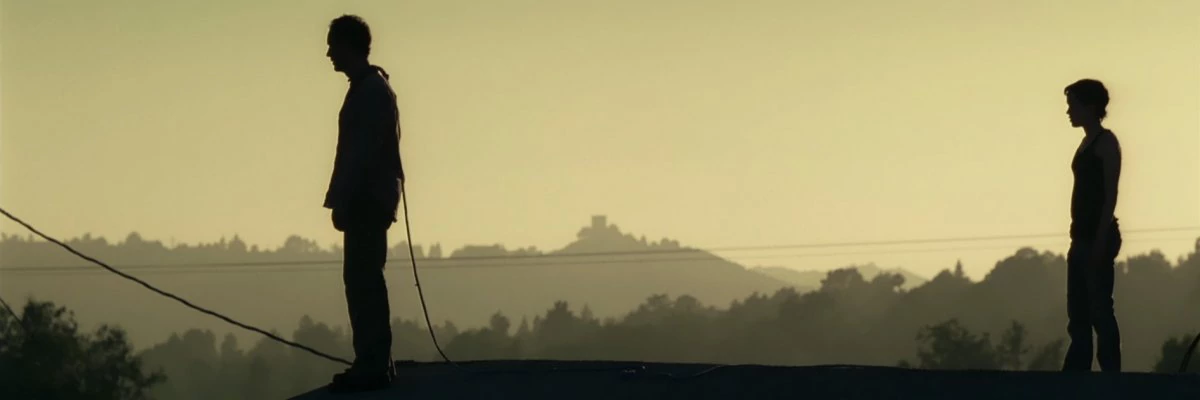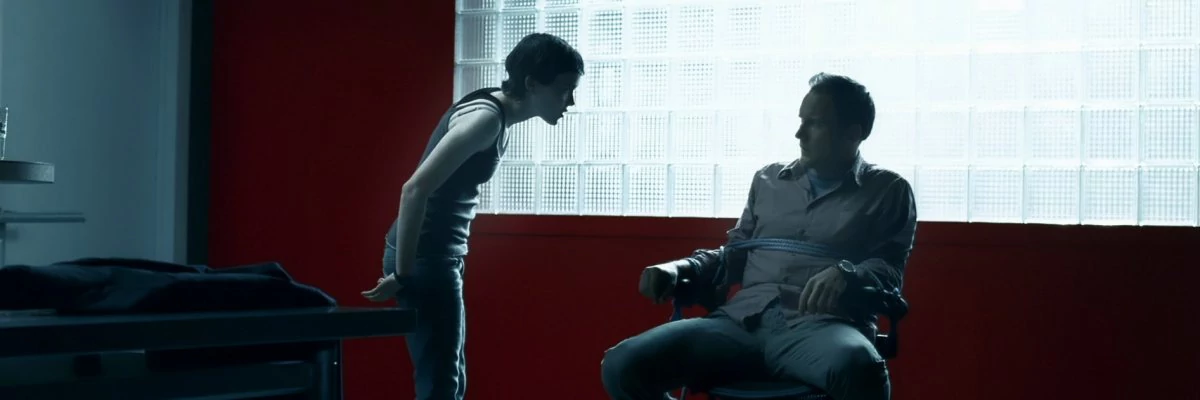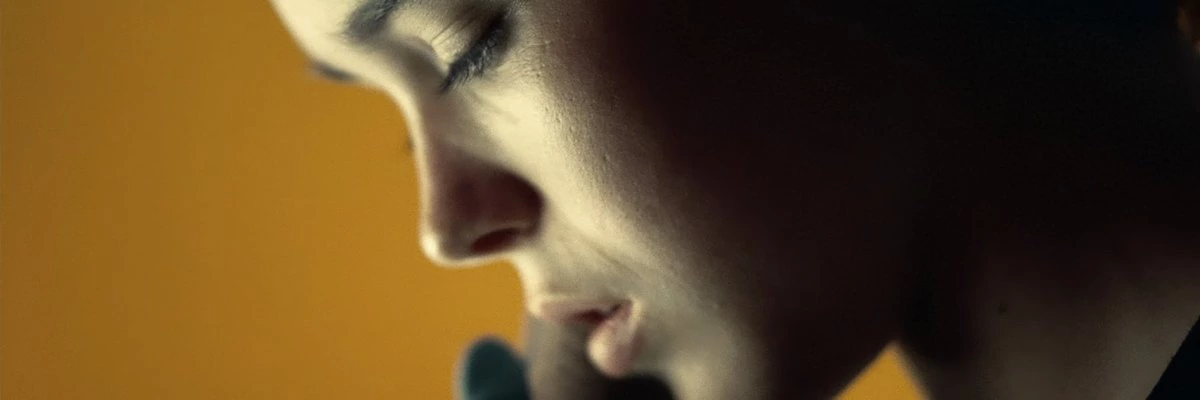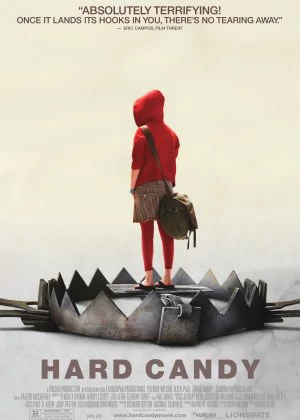Hard Candy
If you're looking for films from the '00s that became instant cult classics, Hard Candy is pretty much impossible to ignore. Seemingly out of nowhere, David Slade dropped an extremely tense and uncomfortable thriller that dealt with some tough themes, though not without forsaking its genre roots. It's a film that became an instant favorite of mine, but one I hadn't seen since I first watched it 15 years ago. It was time to revisit the film in other words, though I will admit I felt more than a little unsure whether it would still hold up. That worry turned out to be completely unfounded.

Hard Candy may have been David Slade's first feature film, I was already well aware of his work before it even landed. Slade had directed a couple of music videos for the notorious Warp label (Aphex Twin, LFO) and he'd worked with some prominent electronic music artists (Speedy J, DJ Hooligan), which certainly piqued my interest. The skills he picked up working on music videos are apparent in Hard Candy, though not because it looks excessively flashy and glossy. Instead, you'll see it reflected in smaller visual details, keeping a film with two primary actors on a single location tense and attractive.
It's not the easiest film to talk about without spoiling at least part of the fun, so if you haven't seen it yet, I suggest you watch it first before reading on. I'll try to keep the spoilers to a minimum, but simply discussing the themes of the film is probably going to ruin the surprise a little. Not that it takes Hard Candy long to reveal its premise, the very first scene will tell you pretty much everything you need to know, it's just that discovering this firsthand and evaluating it throughout the film (as Slade keeps the exact truth a mystery until late in the film) is something I feel that is crucial to the experience.
Hailey and Jeff found each other on the internet. It clicked, and they agreed to meet up in a bar. Jeff is in his 30s, while Hailey is barely 14 years old. She is mature for her age, yet from the very start, the meeting feels decidedly awkward and inappropriate. That doesn't improve when Jeff invites Hailey over to his house. It turns out Jeff is a photographer who likes to take pictures of younger models. Hailey isn't too impressed by Jeff's work, but when she throws some alcohol in the mix the situation quickly escalates. Even so, everything isn't quite as it seems.

About 90% of the film takes place inside a single house. That's where Slade's experience as a music director comes in handy, as he is used to providing ample visual flair with very limited means. Smart and stylish camera work, a muted palette contrasted with bright colors that pop and sharp editing make sure that there's no lack of visual appeal. Slade makes sure the visuals are in line with the rest of the film, so it doesn't devolve in typical music video lexicon (and you don't have to worry about getting any seizure attacks), but he keeps far away from mere functional and factual registration.
It's really no surprise the soundtrack too in on point. The highlight is without a doubt the inclusion of LFO - Freak (which should be very familiar to those wo remember the amazing opening credits of Gaspar Noé's Enter the Void), the rest of the score feels more subdued, though always functional and complementary to the atmosphere. I do wonder if Slade deliberately held back a little to avoid comparisons with his music video work, personally I wouldn't have minded a slightly more expressive soundtrack, but all in all the score is more than adequate.
While there is a small list of secondary characters, they never get more than one scene and a handful of lines to do their thing. Hard Candy rests almost entirely on the shoulders of the two leads, it's a good thing then that both are on top of their game. Ellen Page was a smart choice for the rather cunning 14-year-old Hailey, Patrick Wilson's casting may have been less obvious, but he delivers one of his better performances of his career. Both actors know how to balance their characters' strengths and weaknesses, which makes for a thrilling stand-off between the two.

Slade is relatively quick to reveal the core dynamic of the film, but that's only because he has a couple of surprises tucked away. From the get-go Hard Candy is presented as one big tactical conflict between two characters on the prowl, what isn't entirely clear is the tricks each of them have up their sleeves. Some of these tricks turn out to be pretty excessive and people longing for a more realistic film may feel cheated, but it's exactly that combination of social relevance and genre fare that makes this film stand out among its peers. The mean-spirited finale is merely the icing on the cake.
Hard Candy is a rather singular film. The first 15 minutes will tell you all you need to know, the rest is just Slade coming up with slight variations on the same theme. That's not a bad thing, especially when you appreciate the nasty mind games he has in store. Both leads offer great performances, the cinematography is strong, the soundtrack on point and the cat and mouse game between the two protagonists is simply riveting. It's a film that hasn't lost much of its shine since its original release, so if you're looking for some small-scale thrills, you could do a lot worse.
